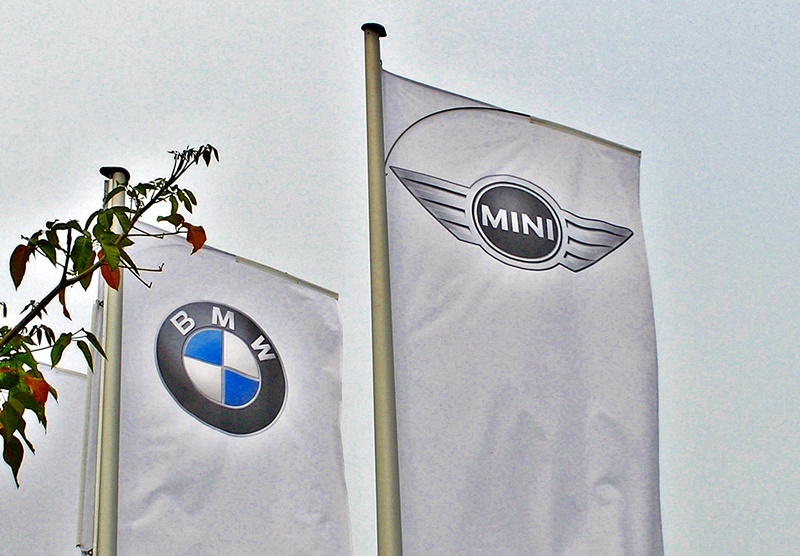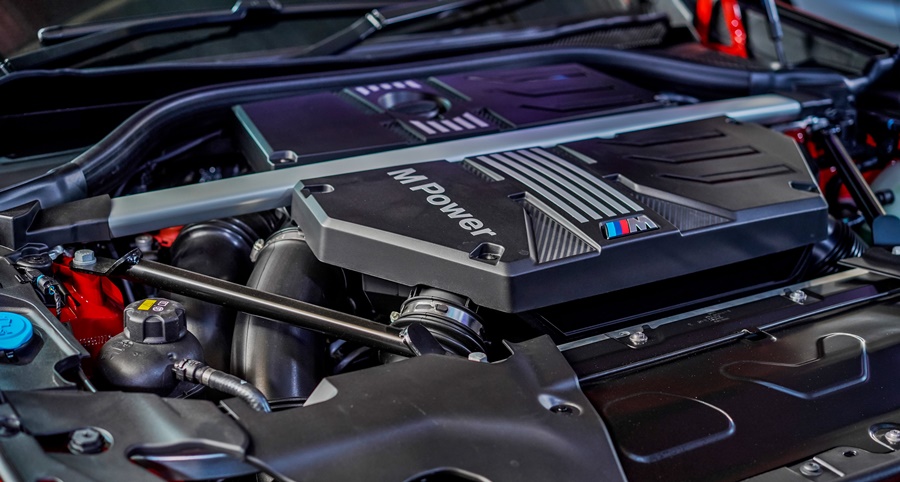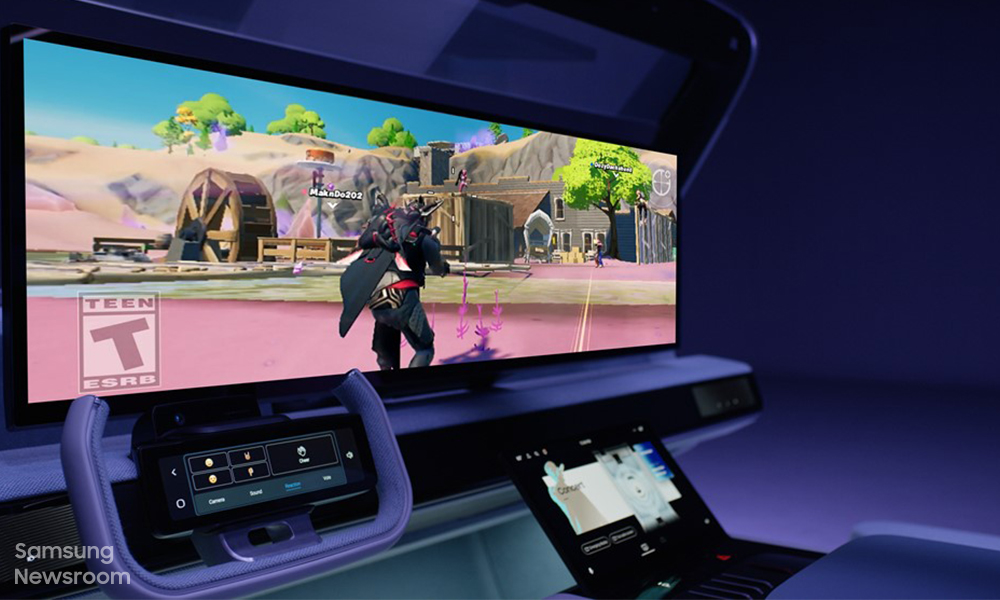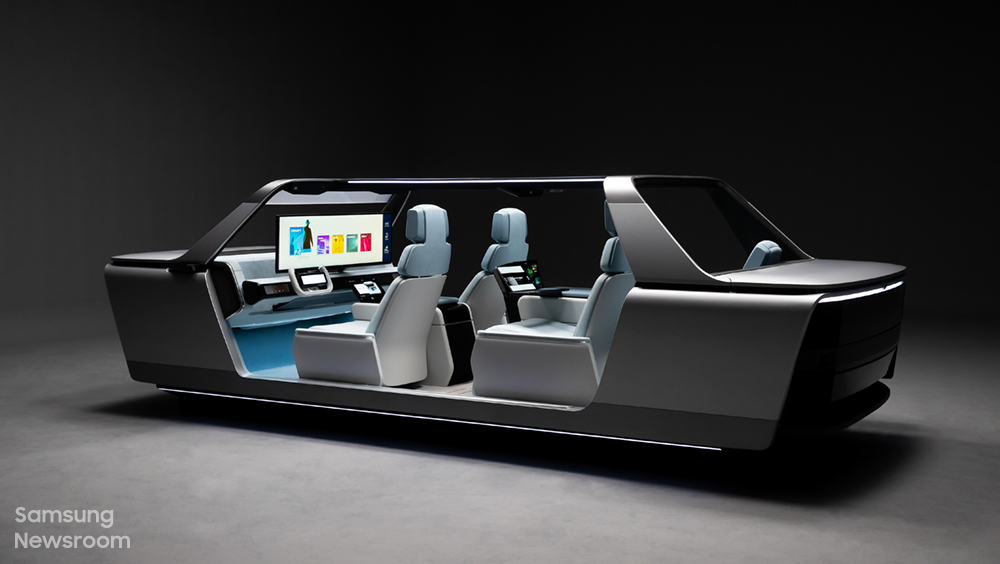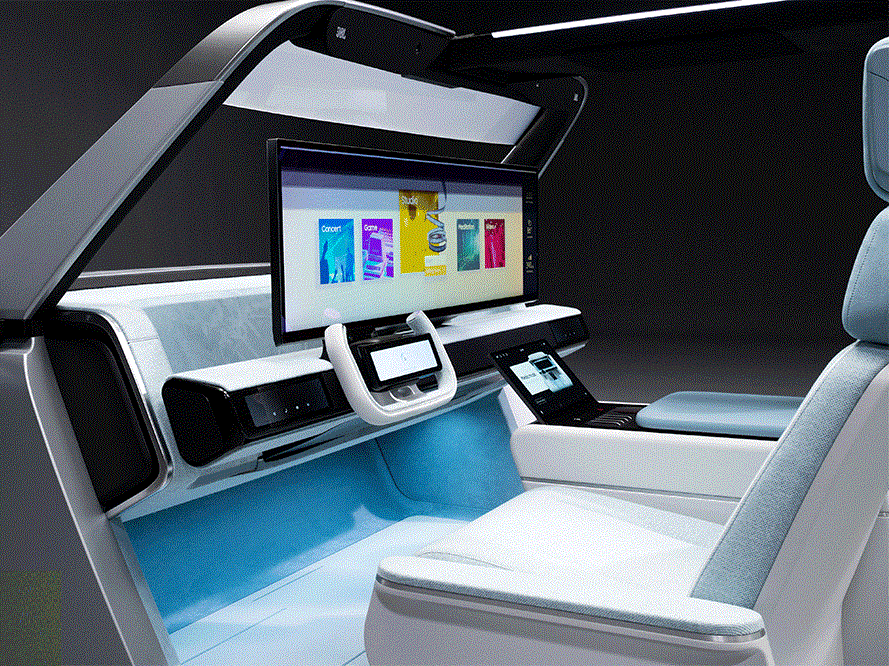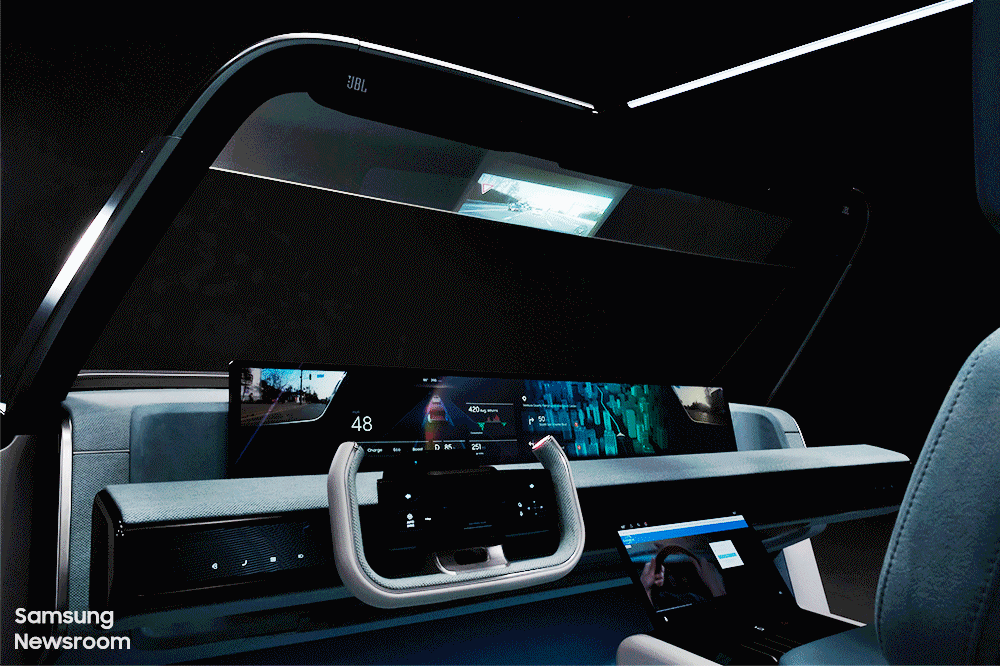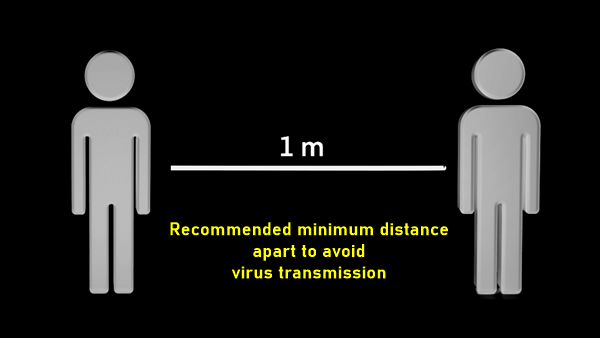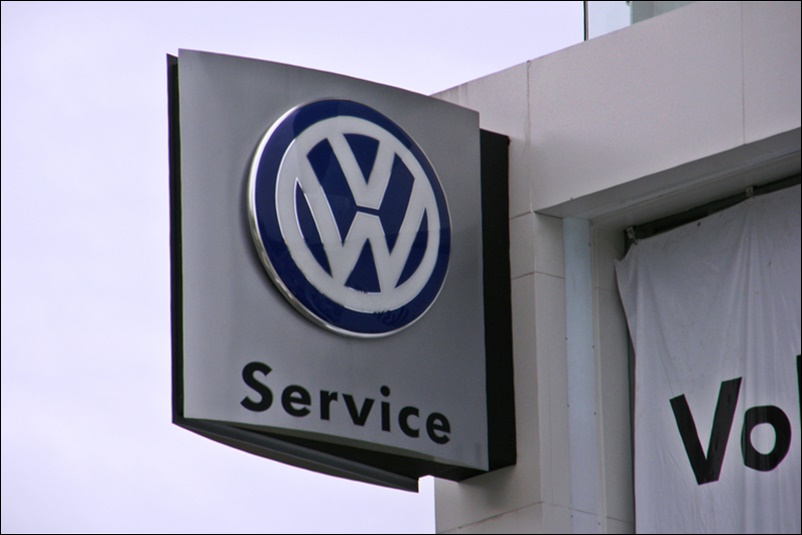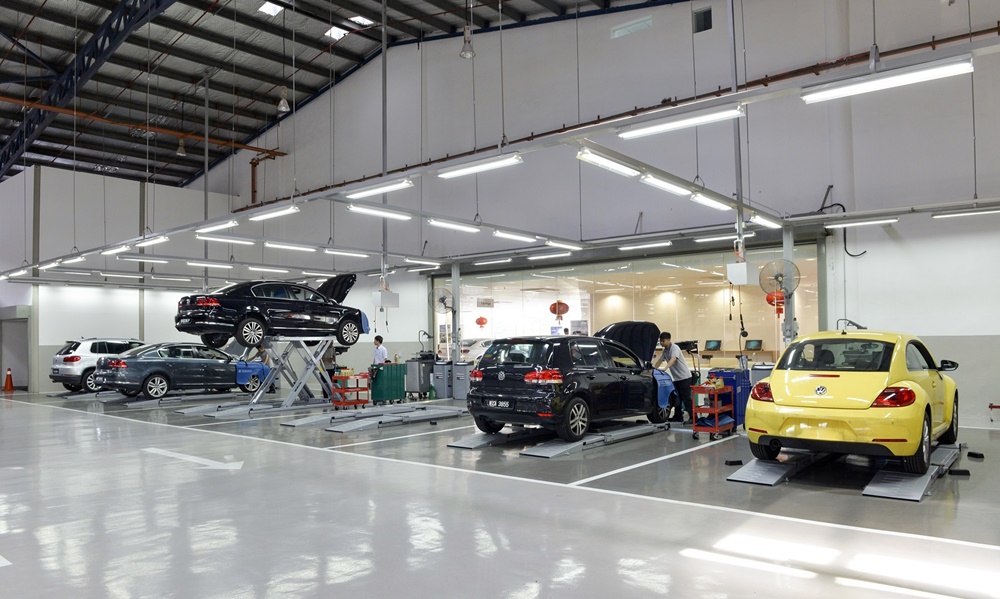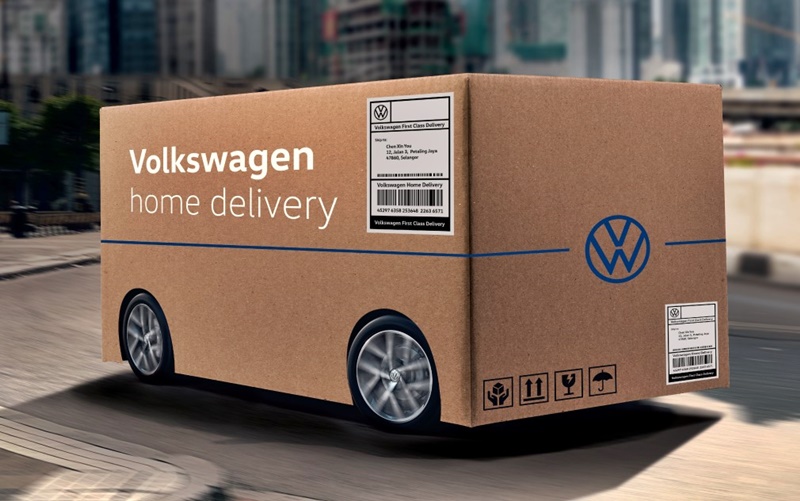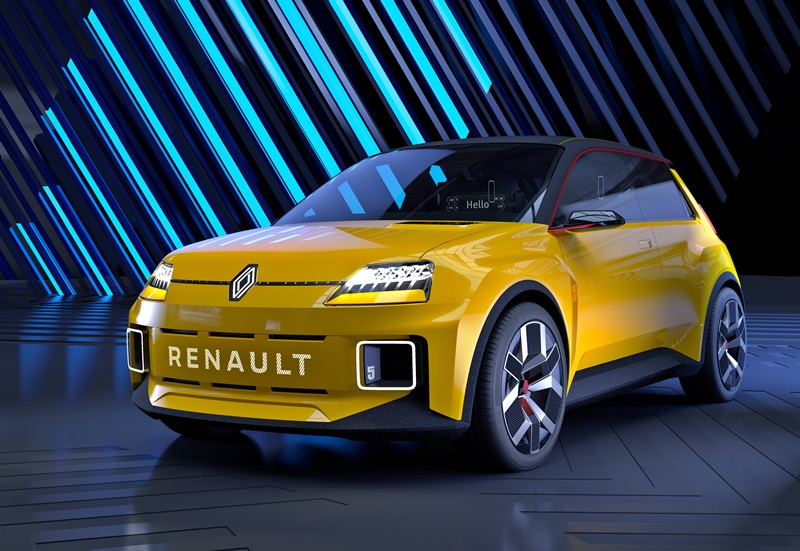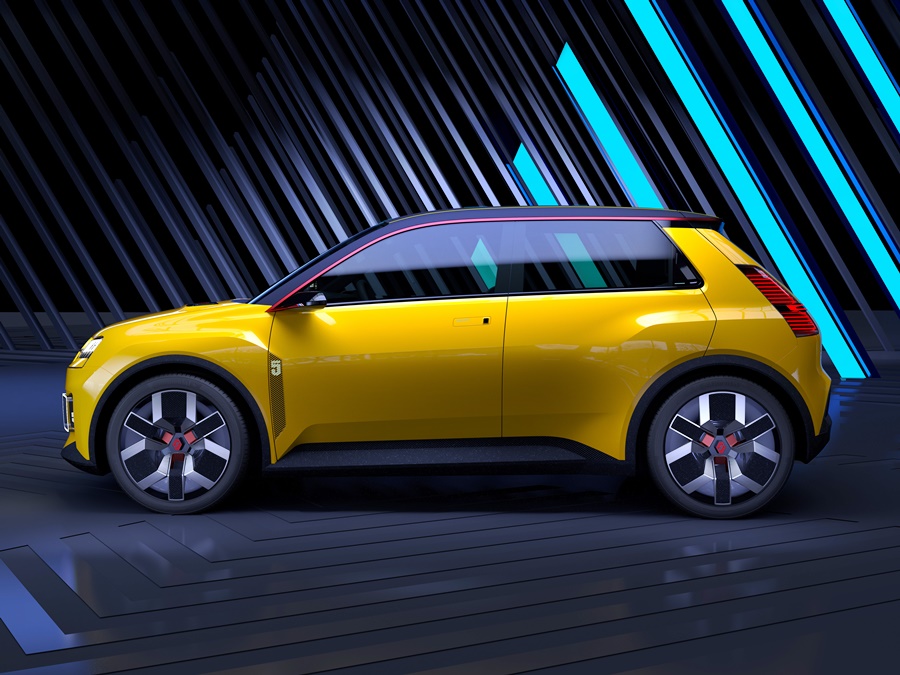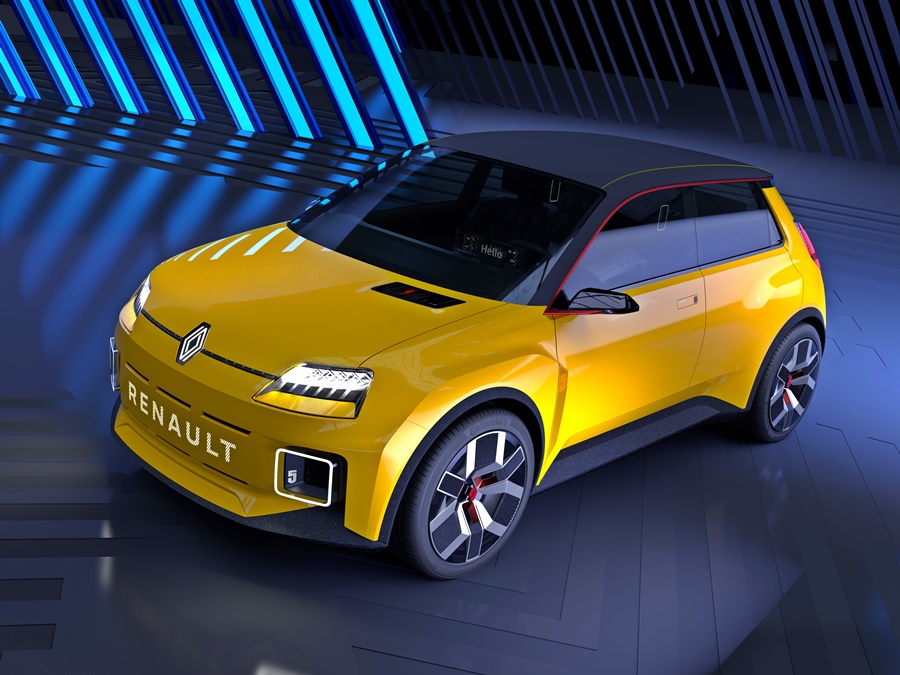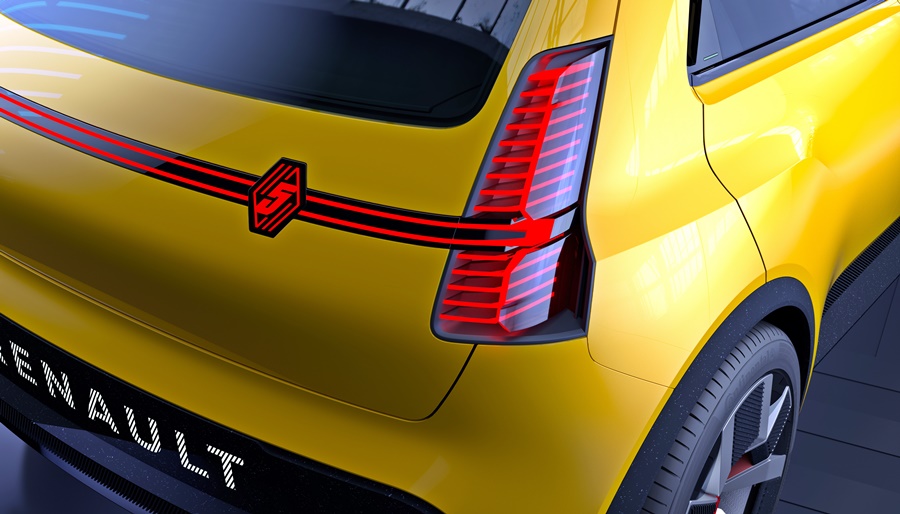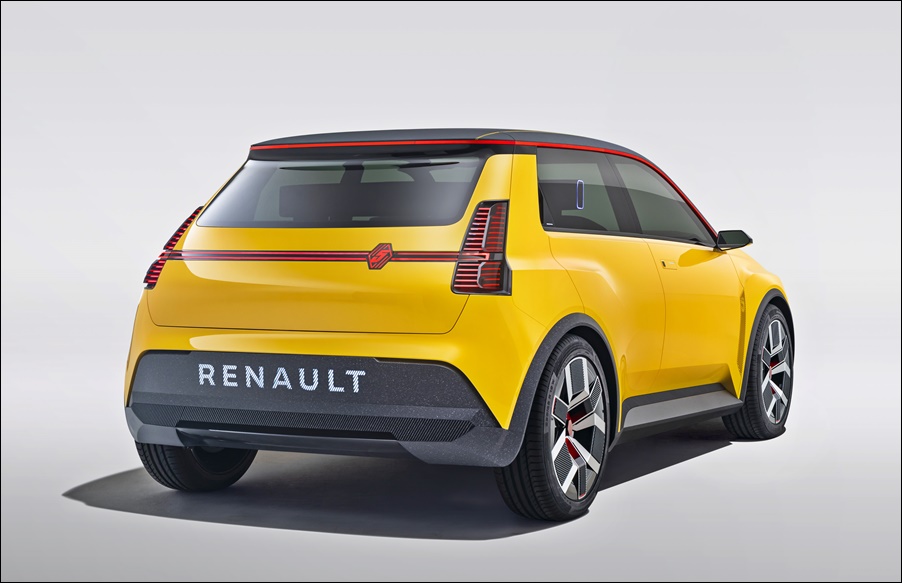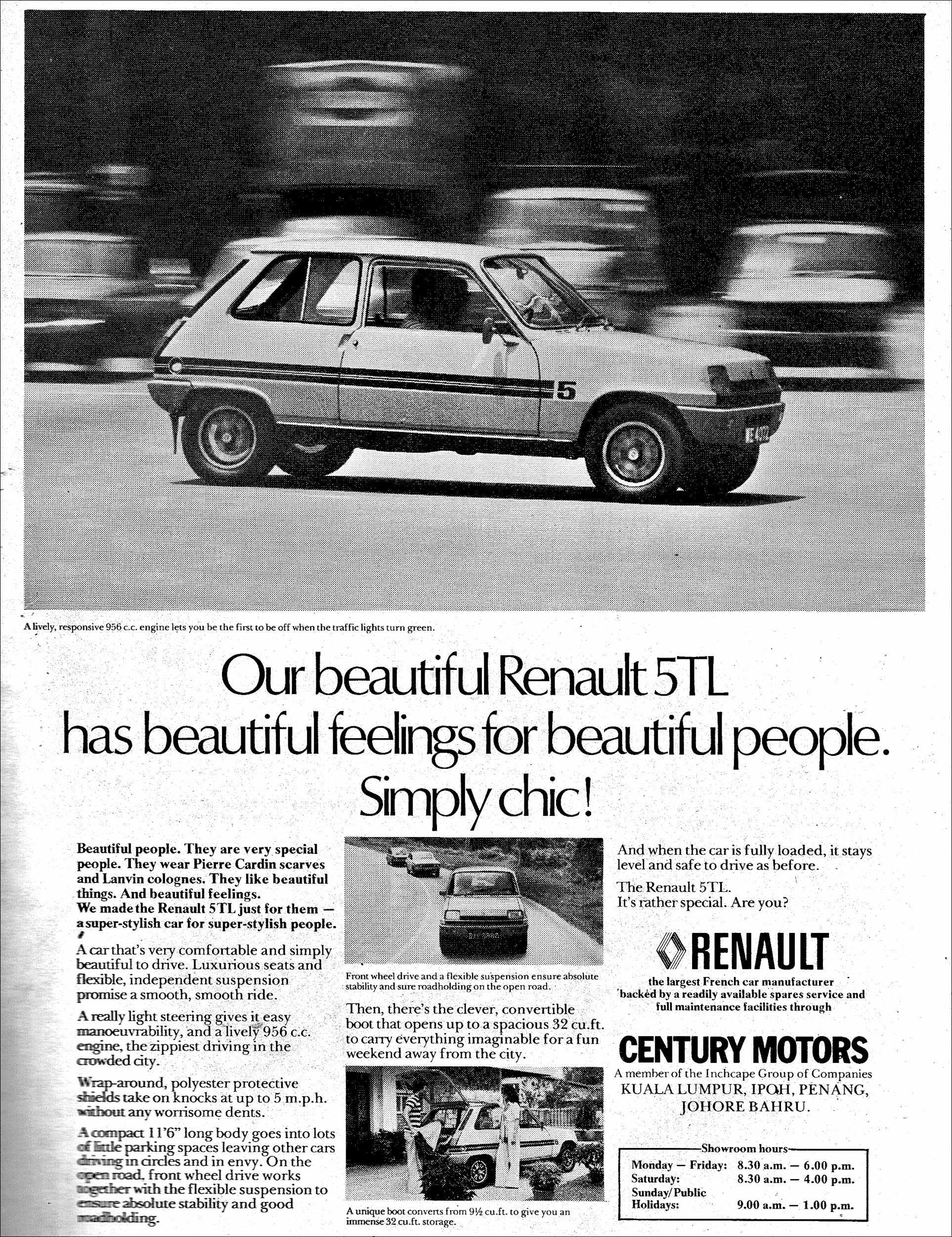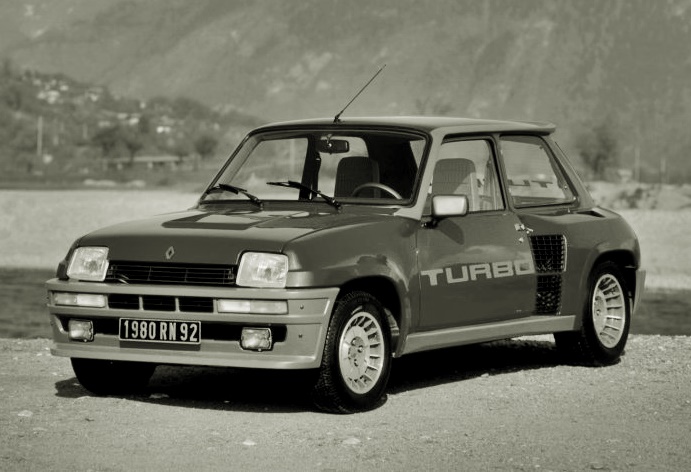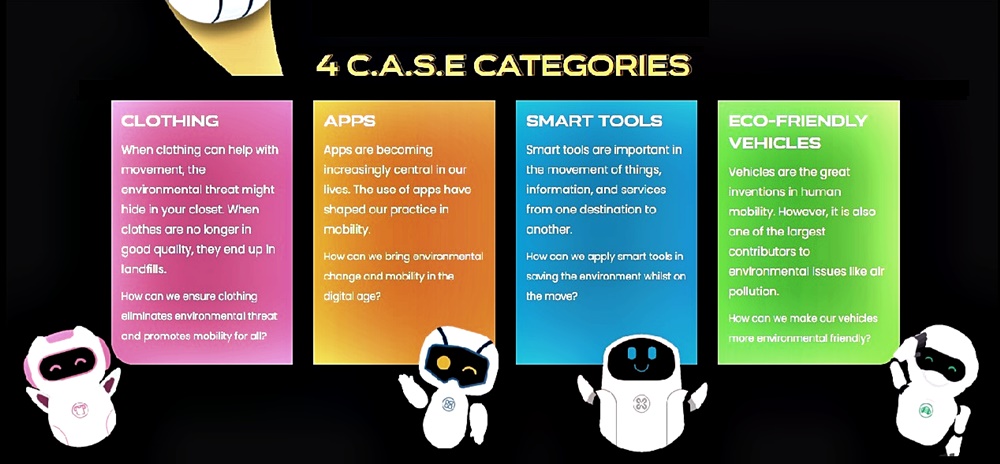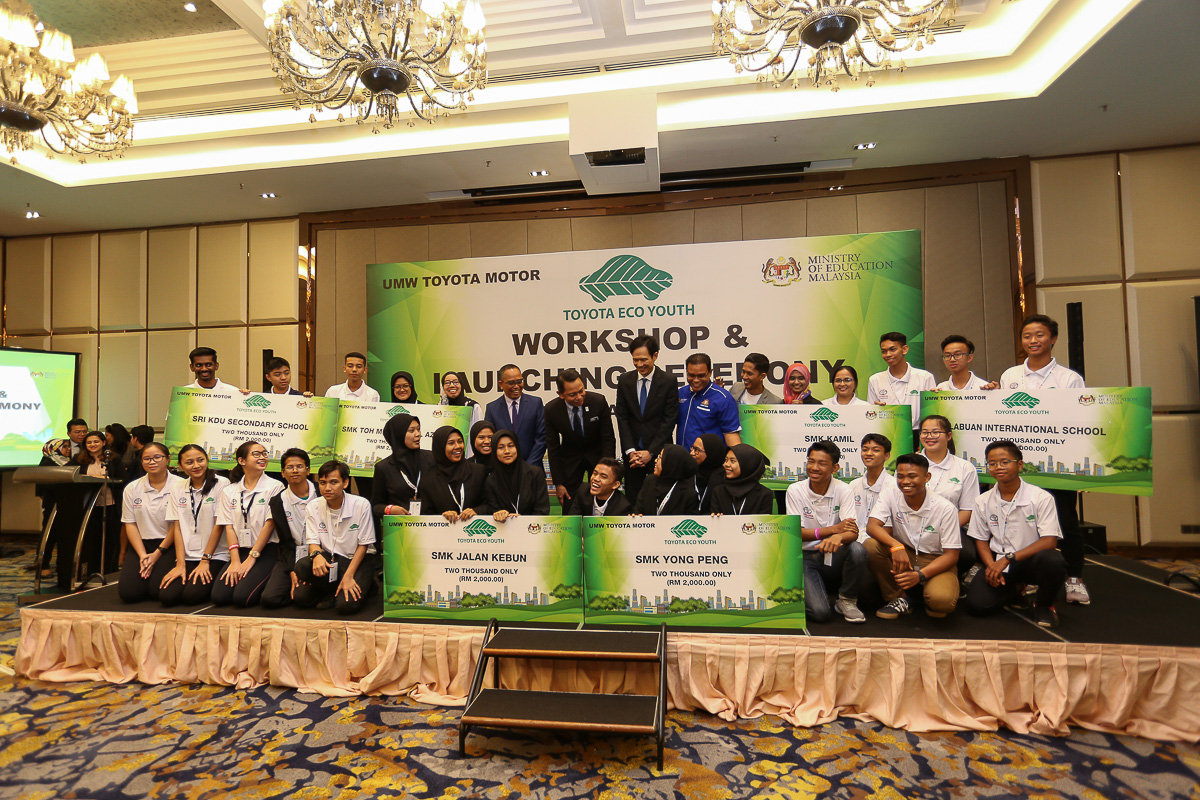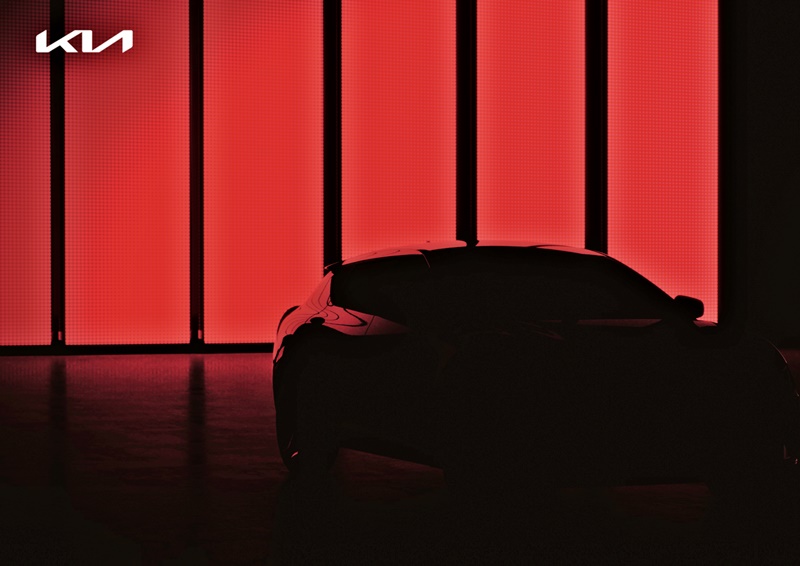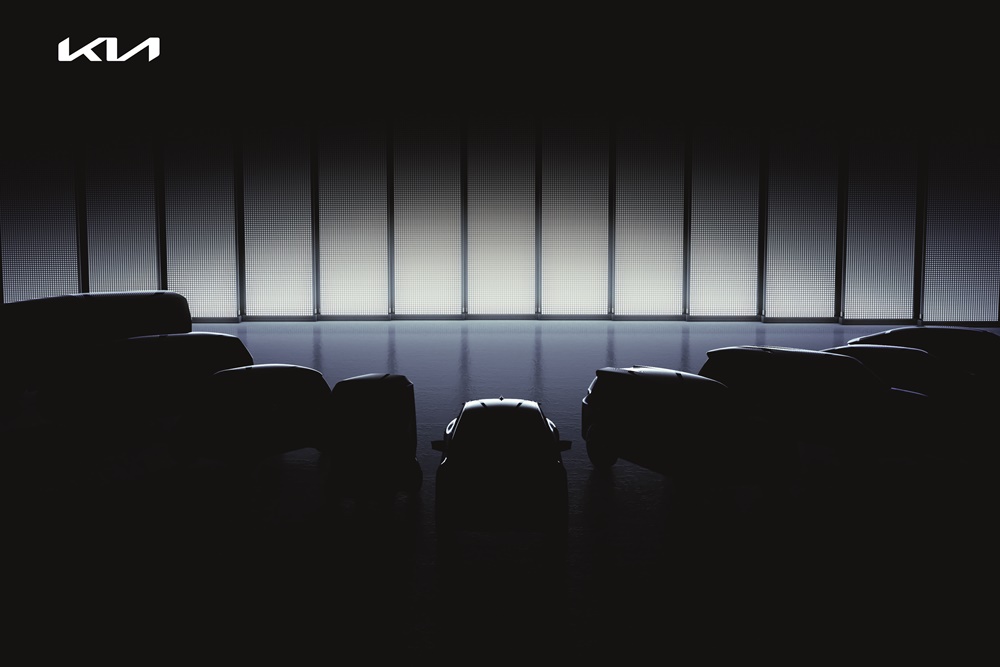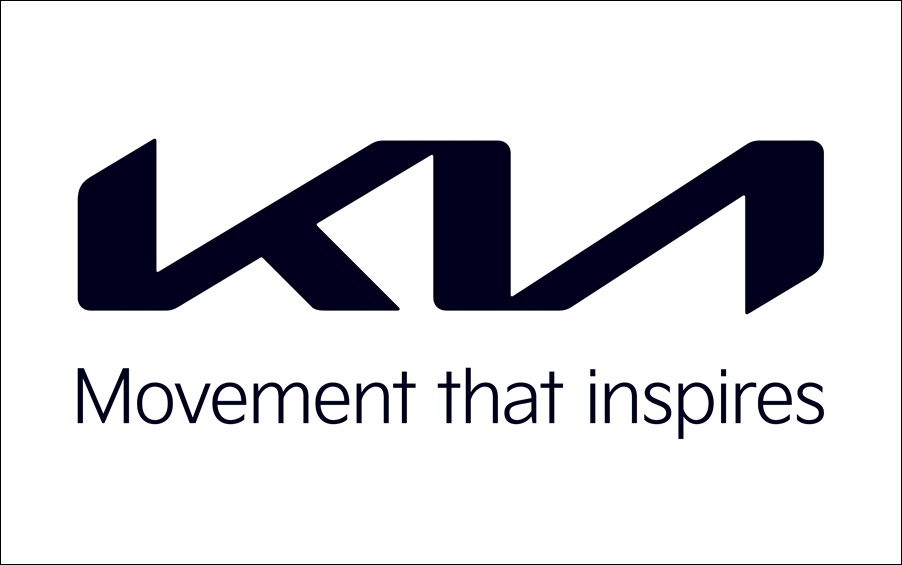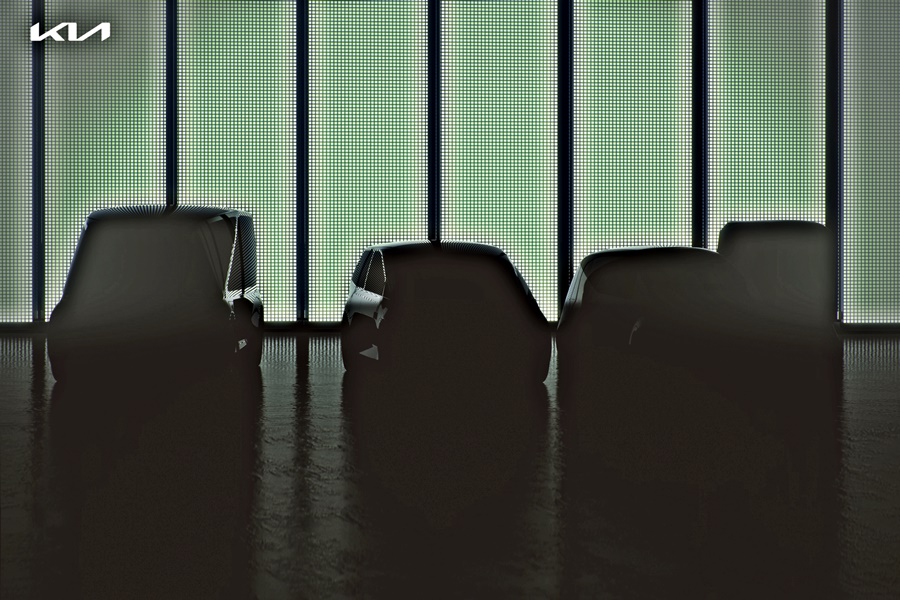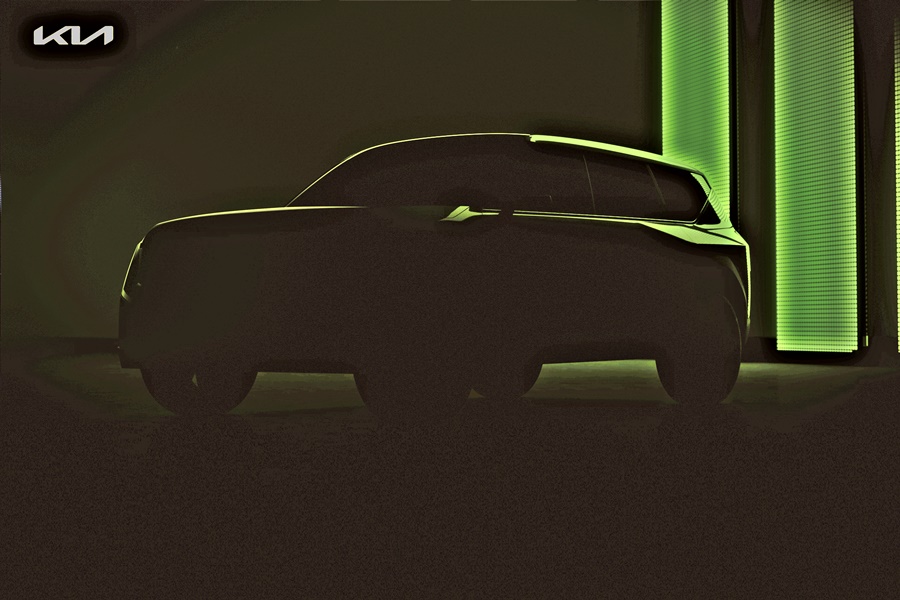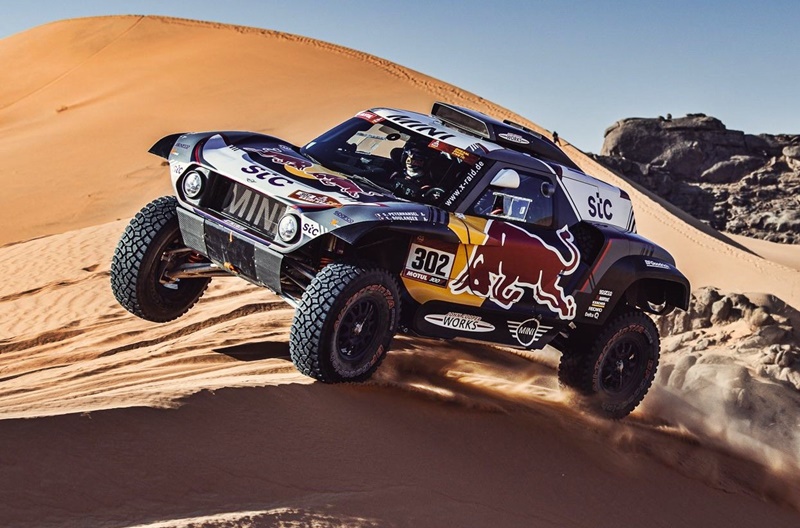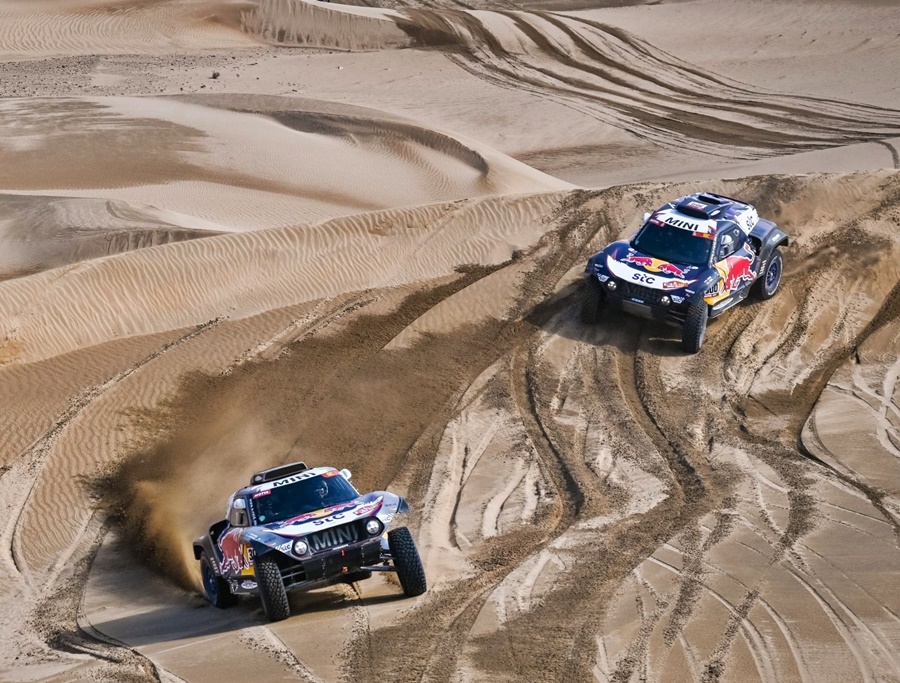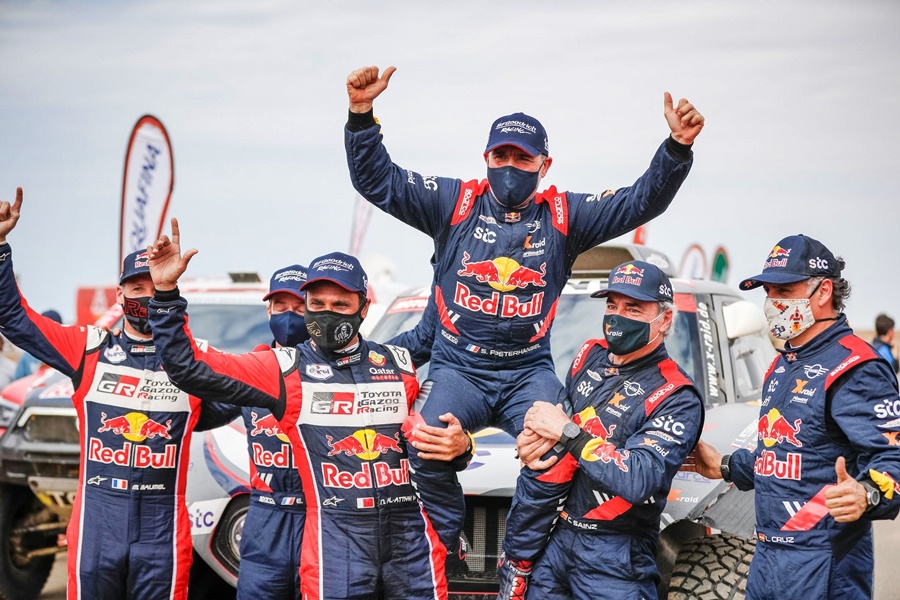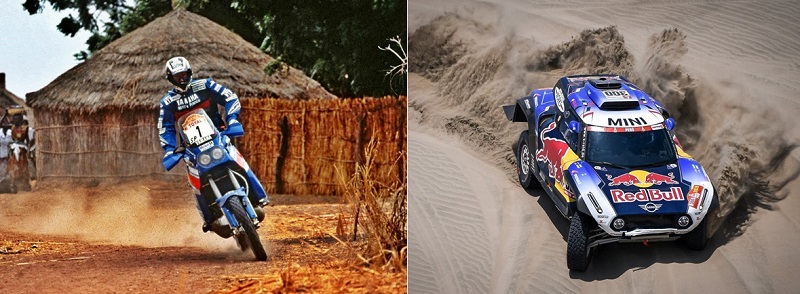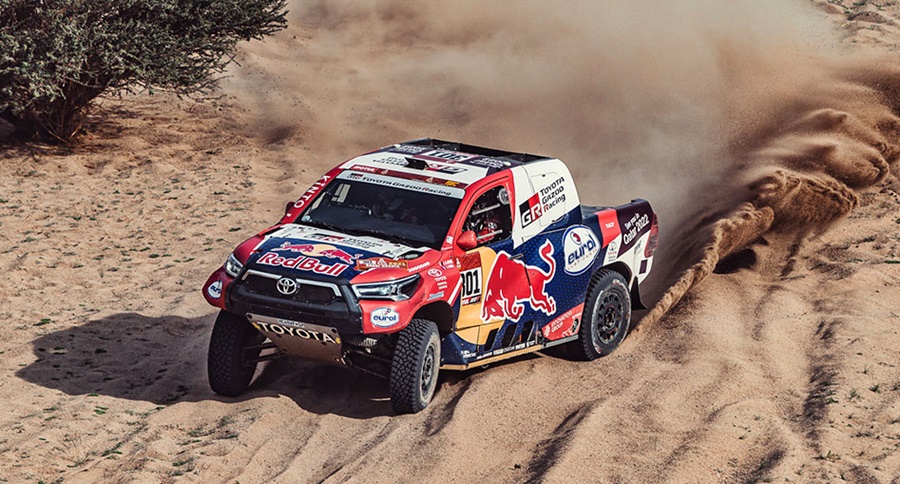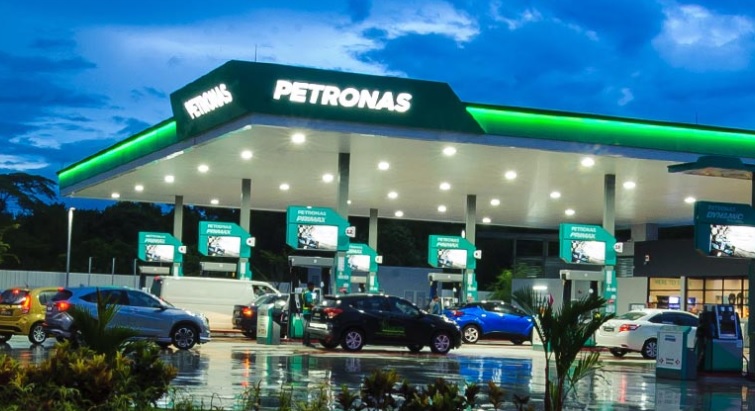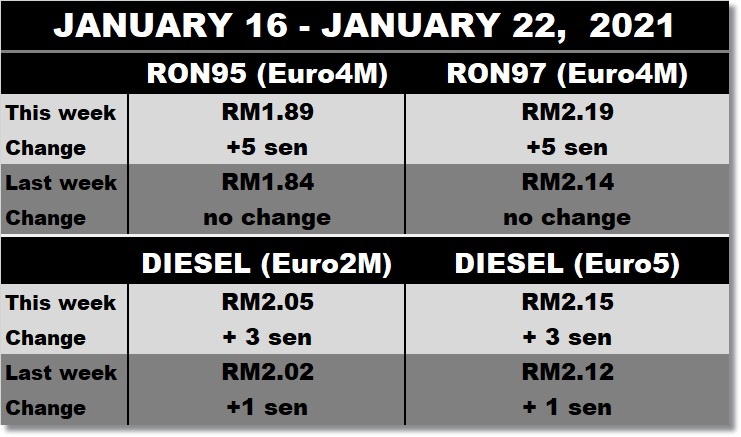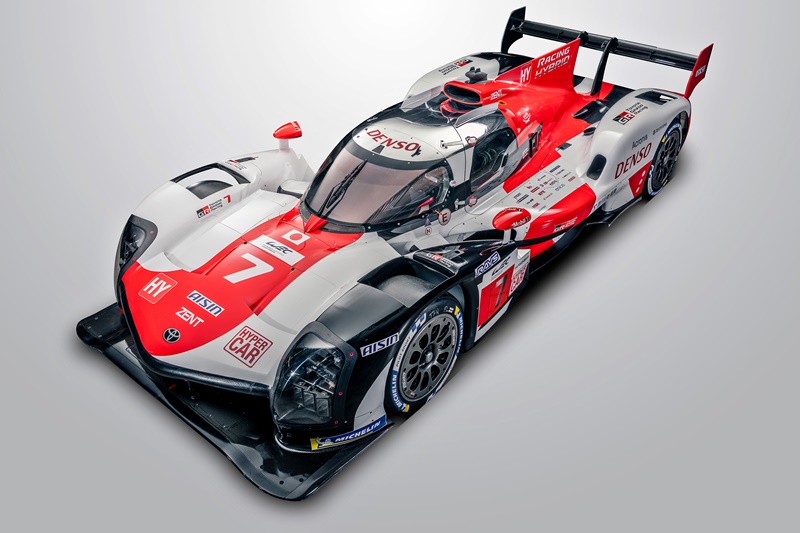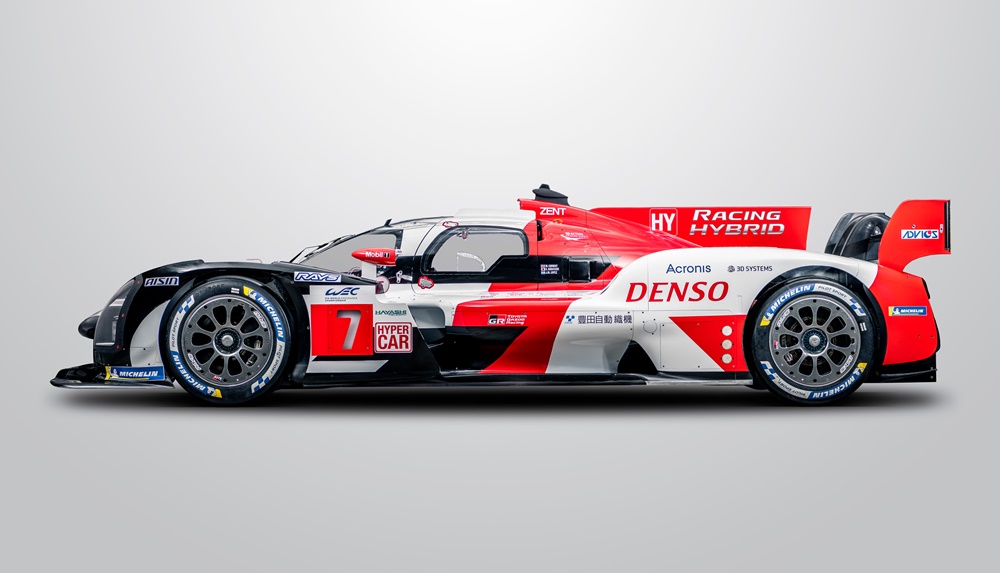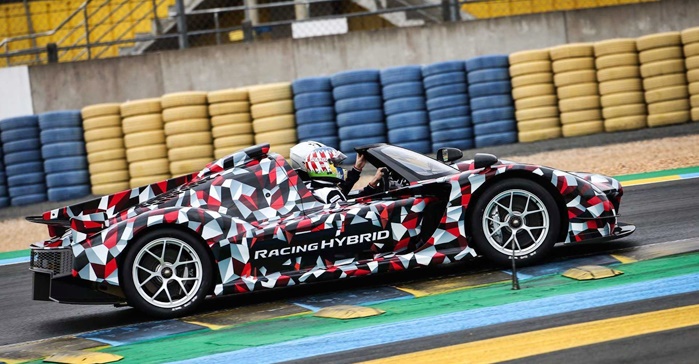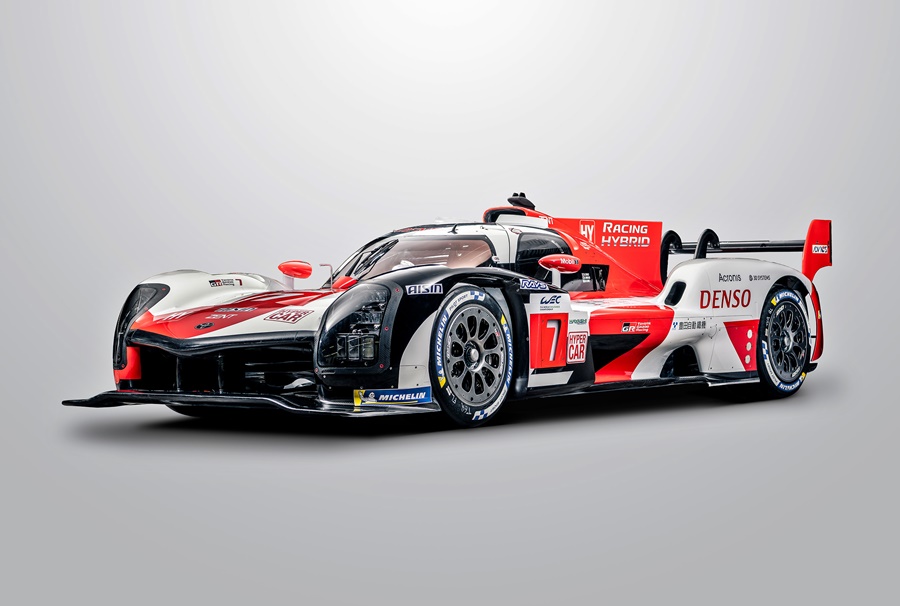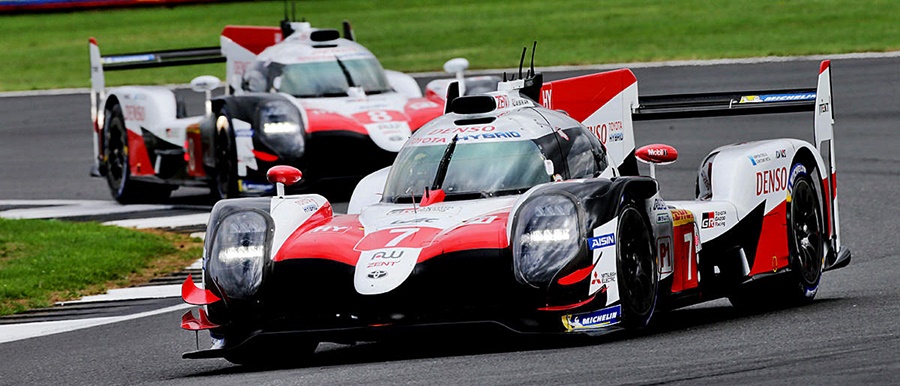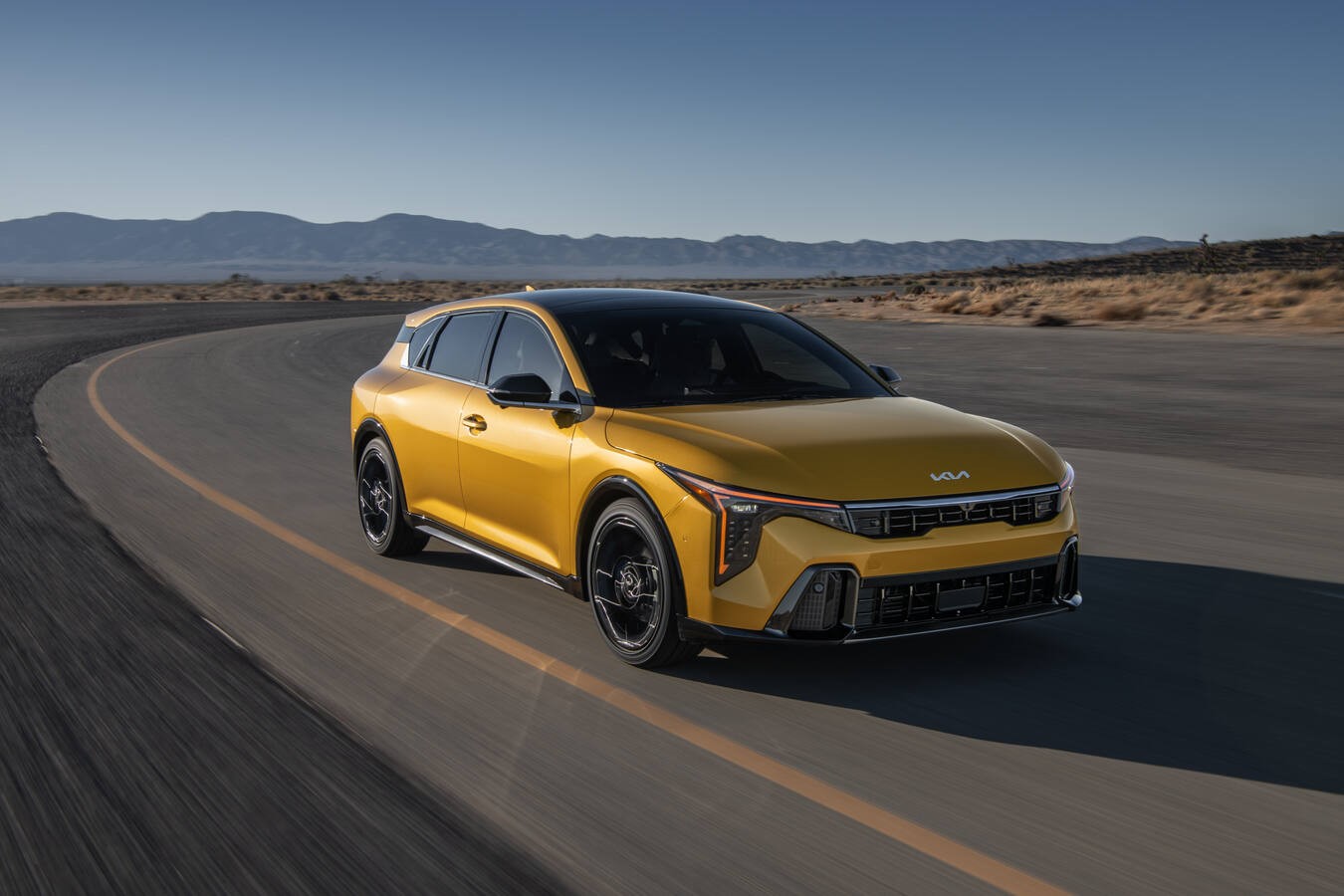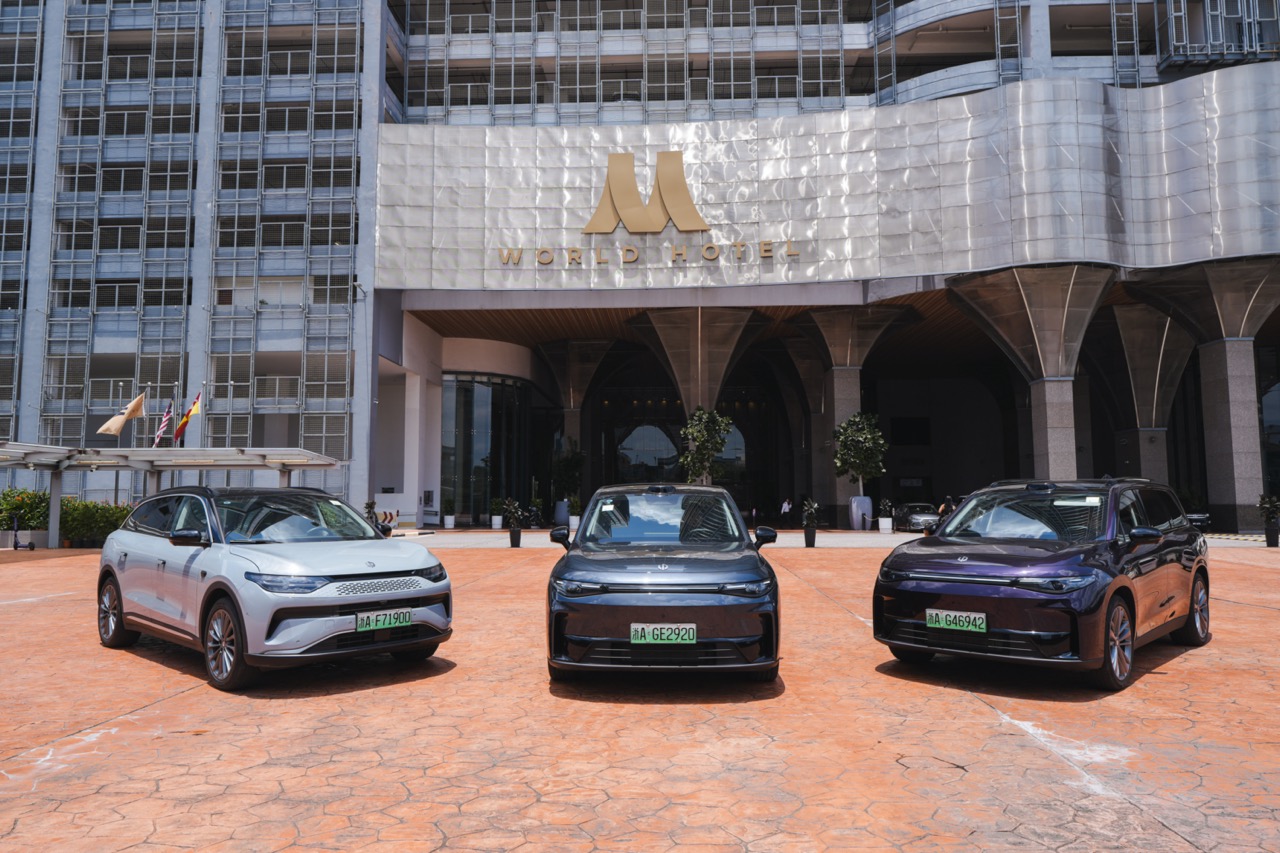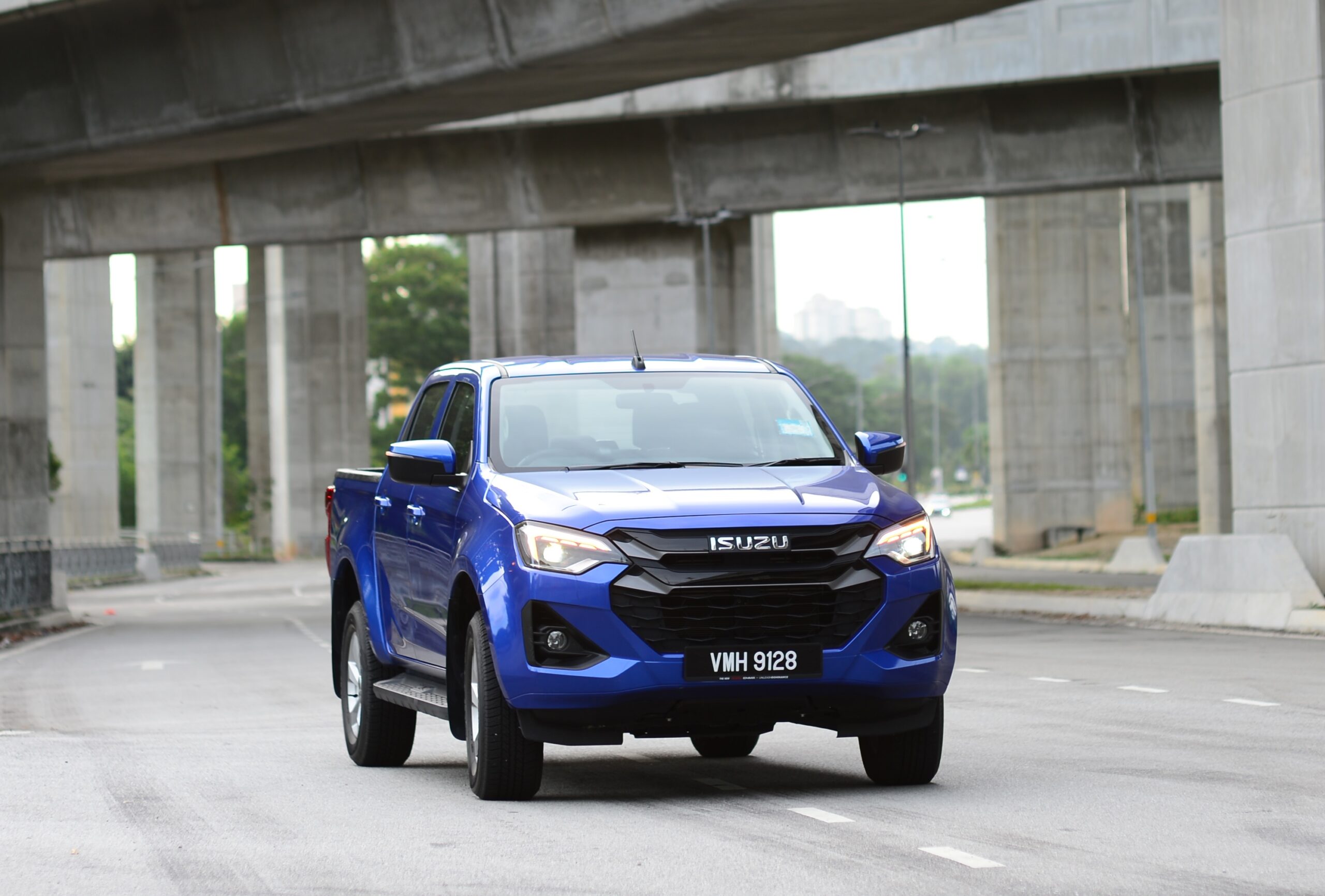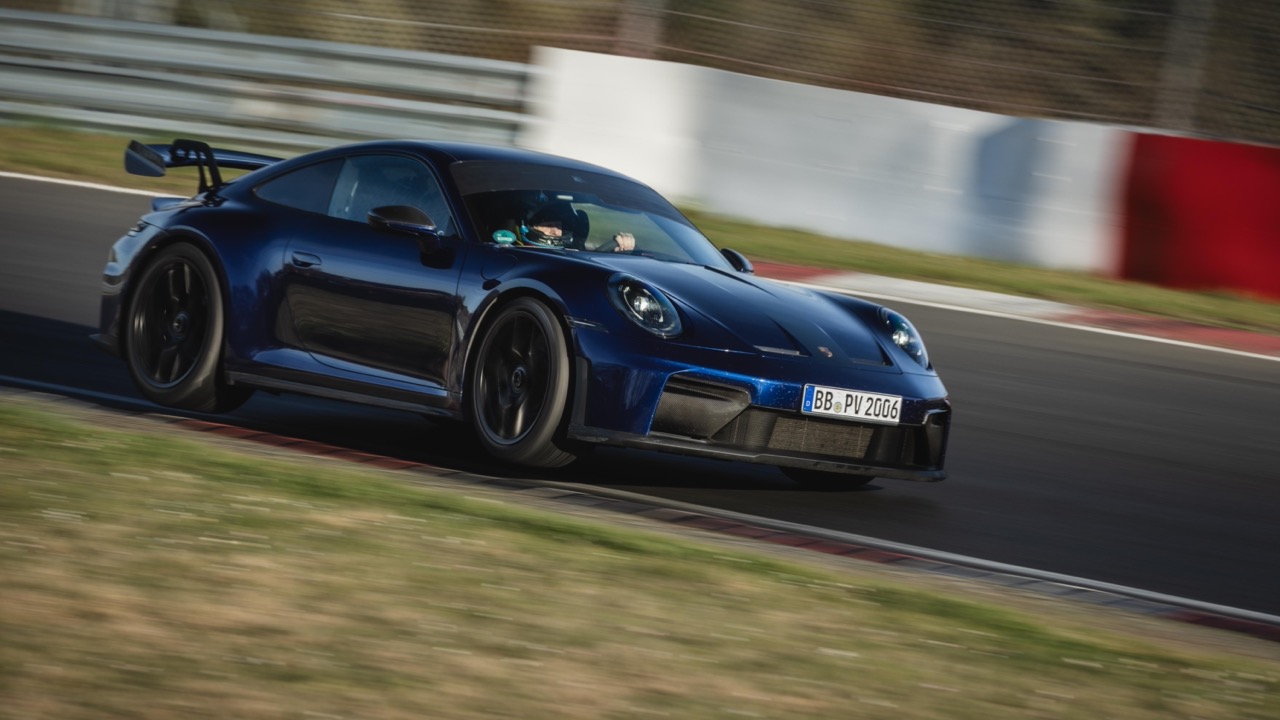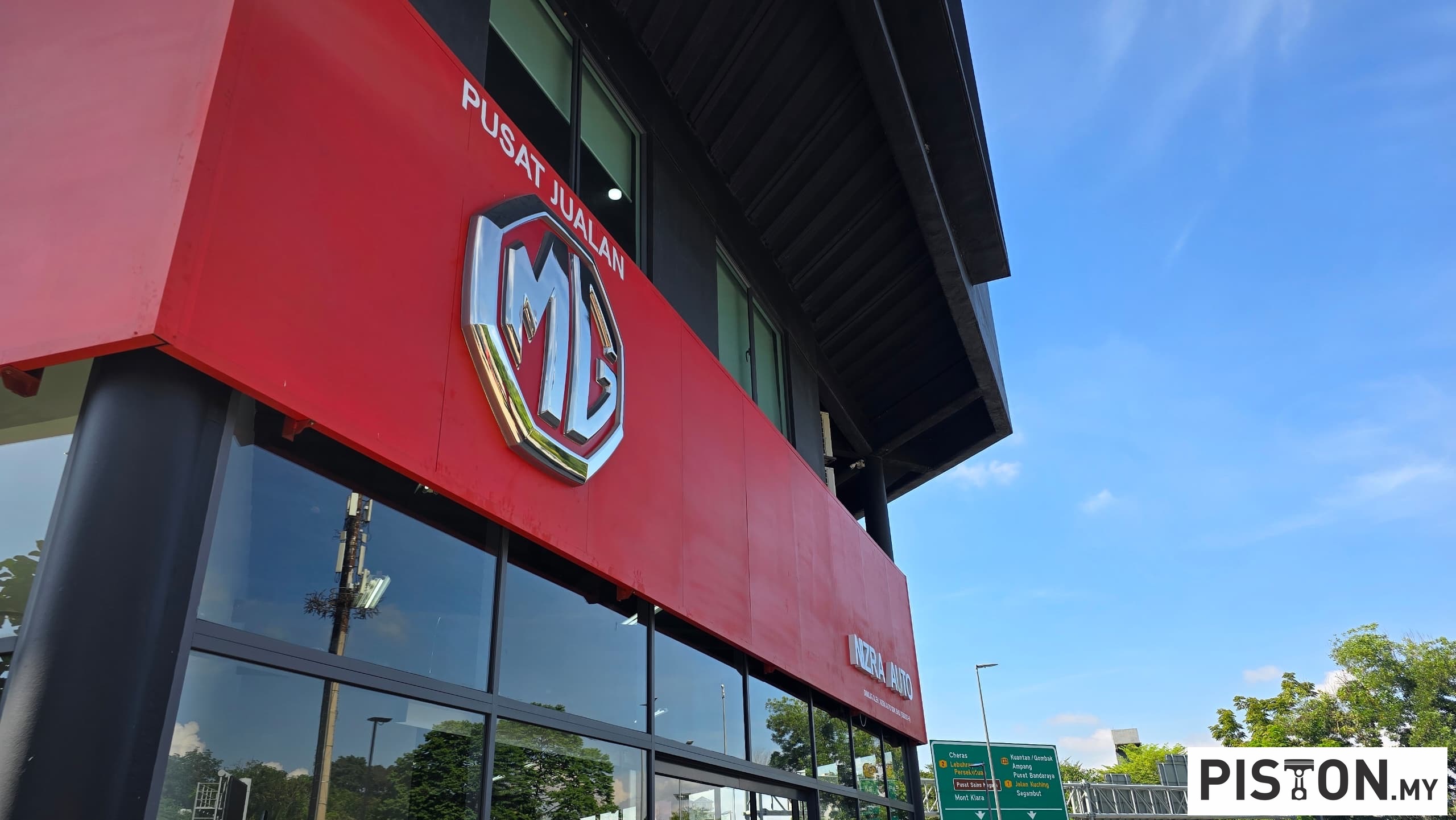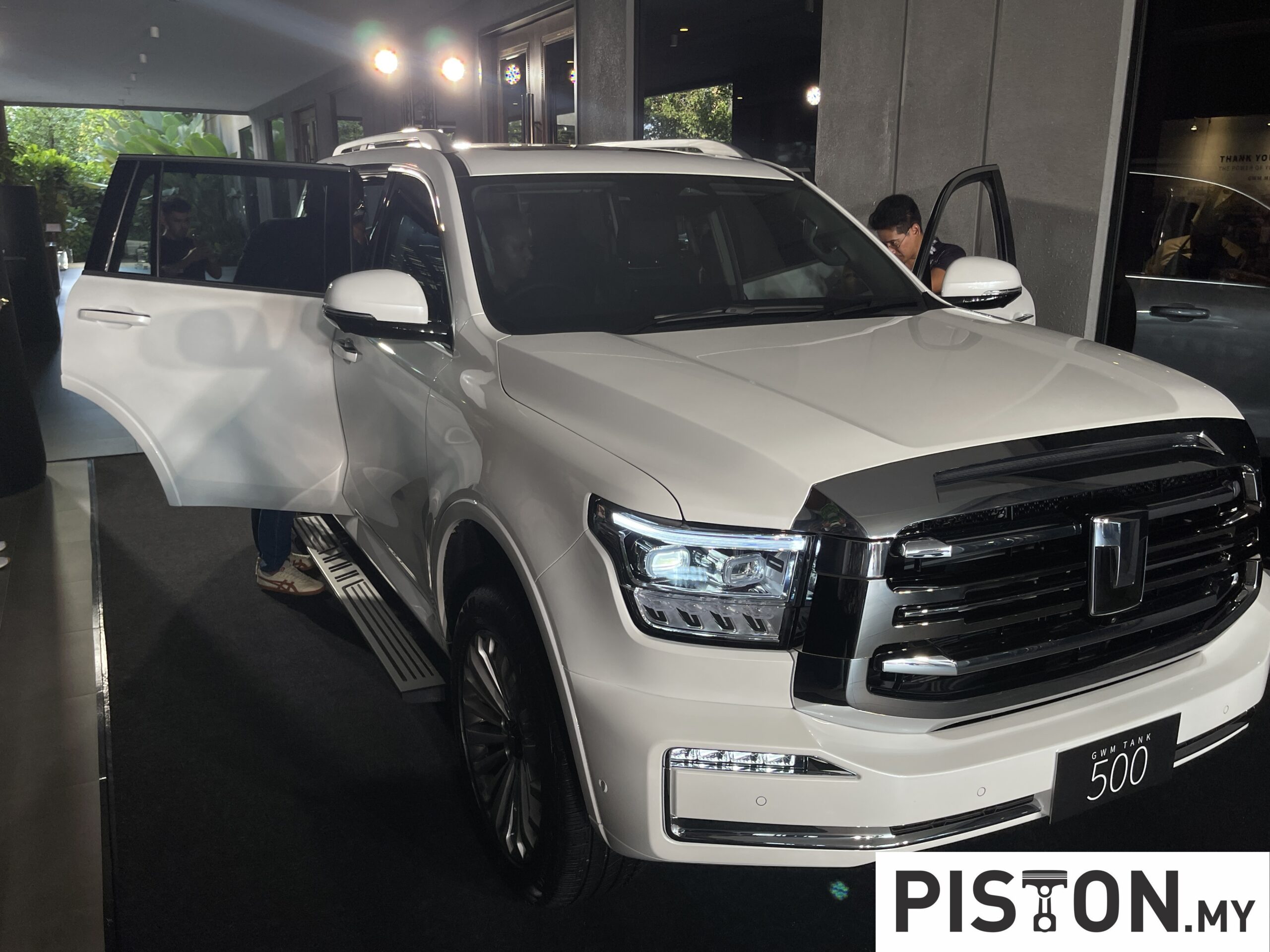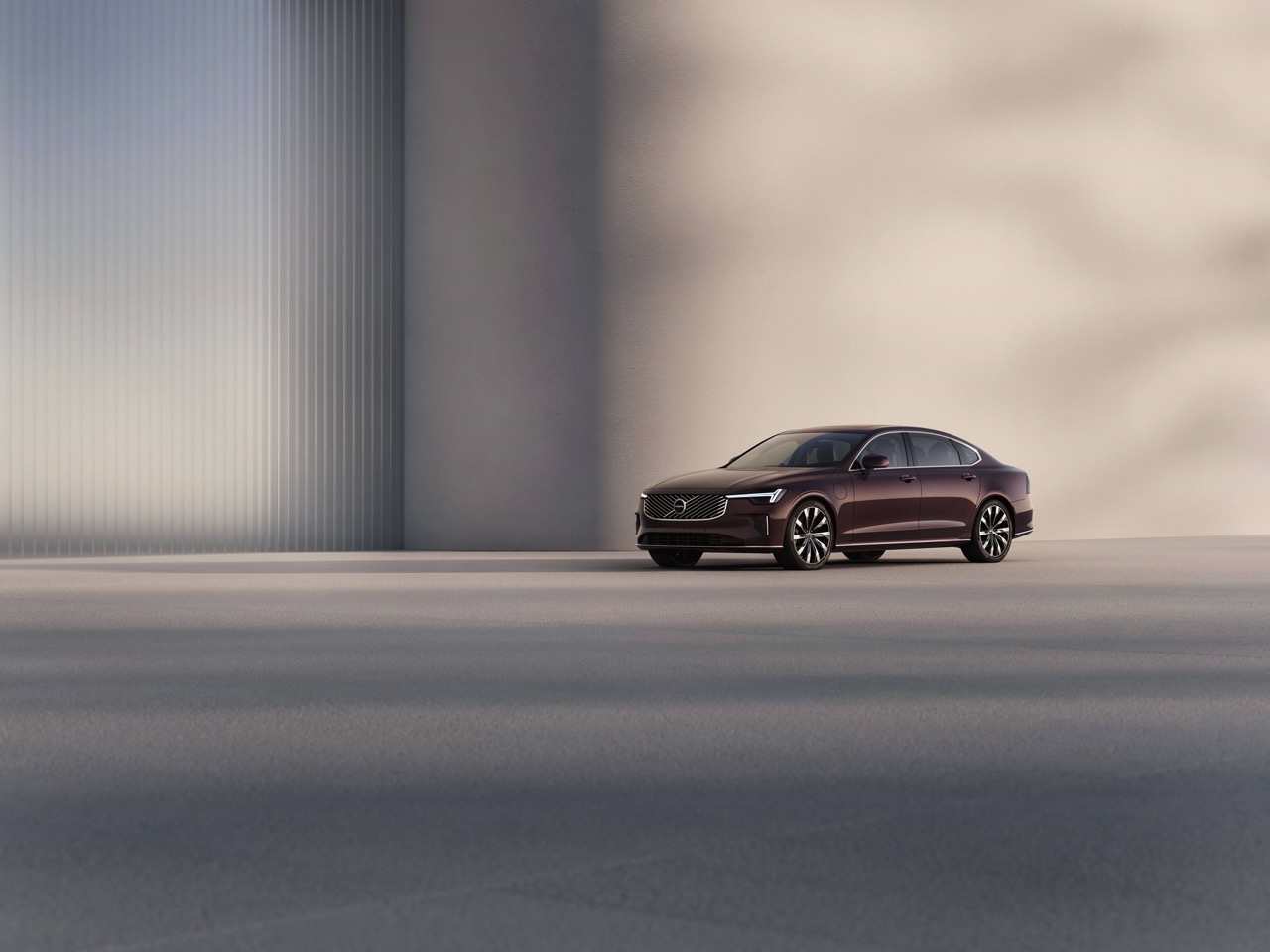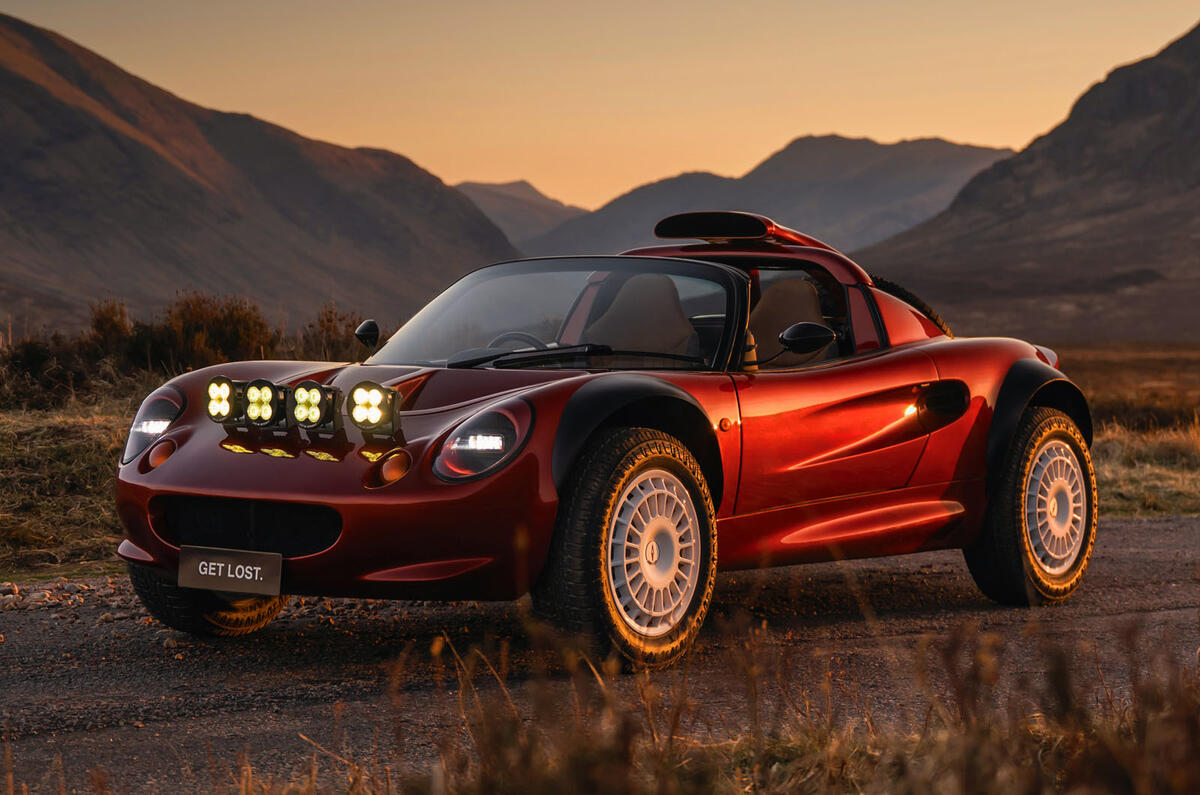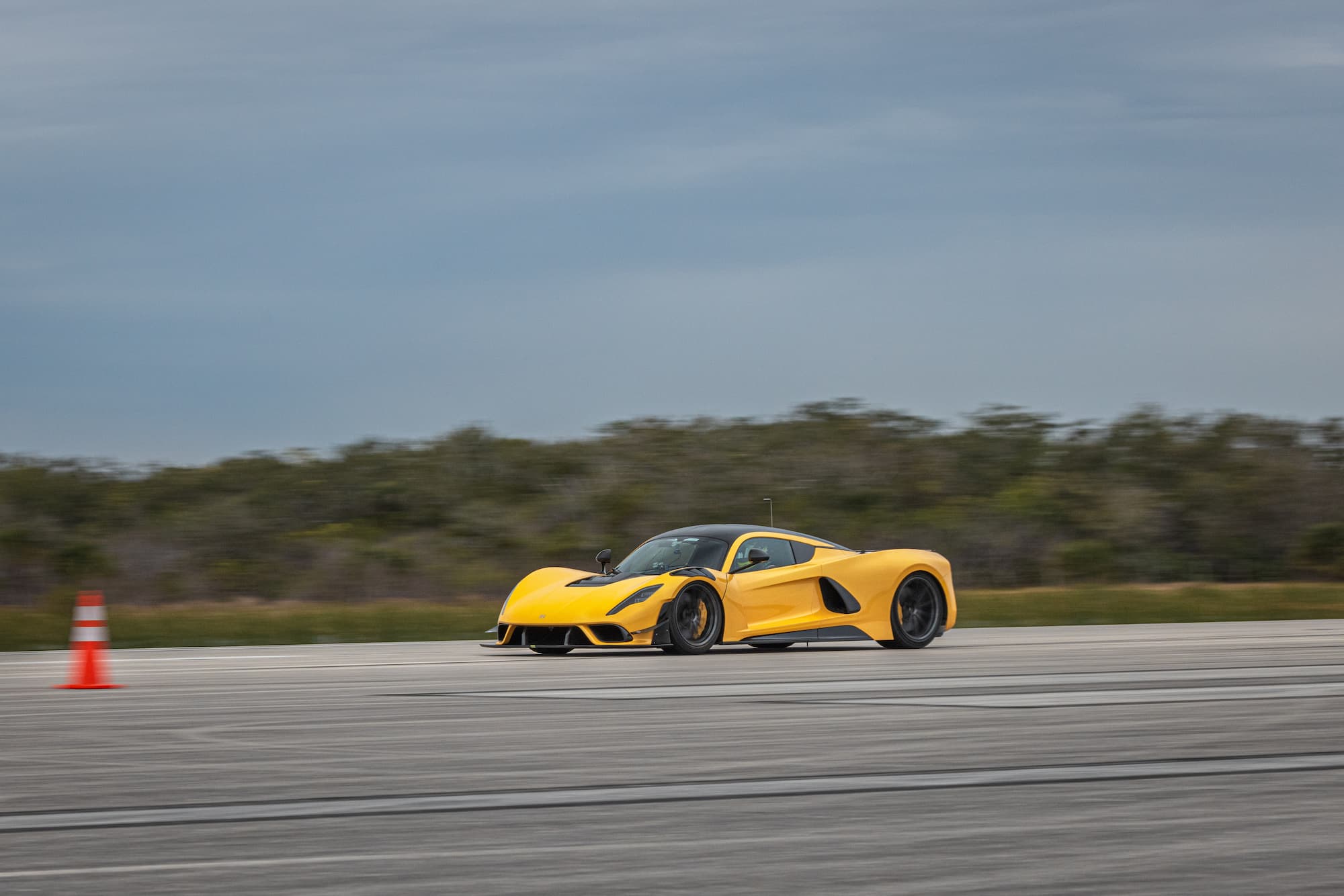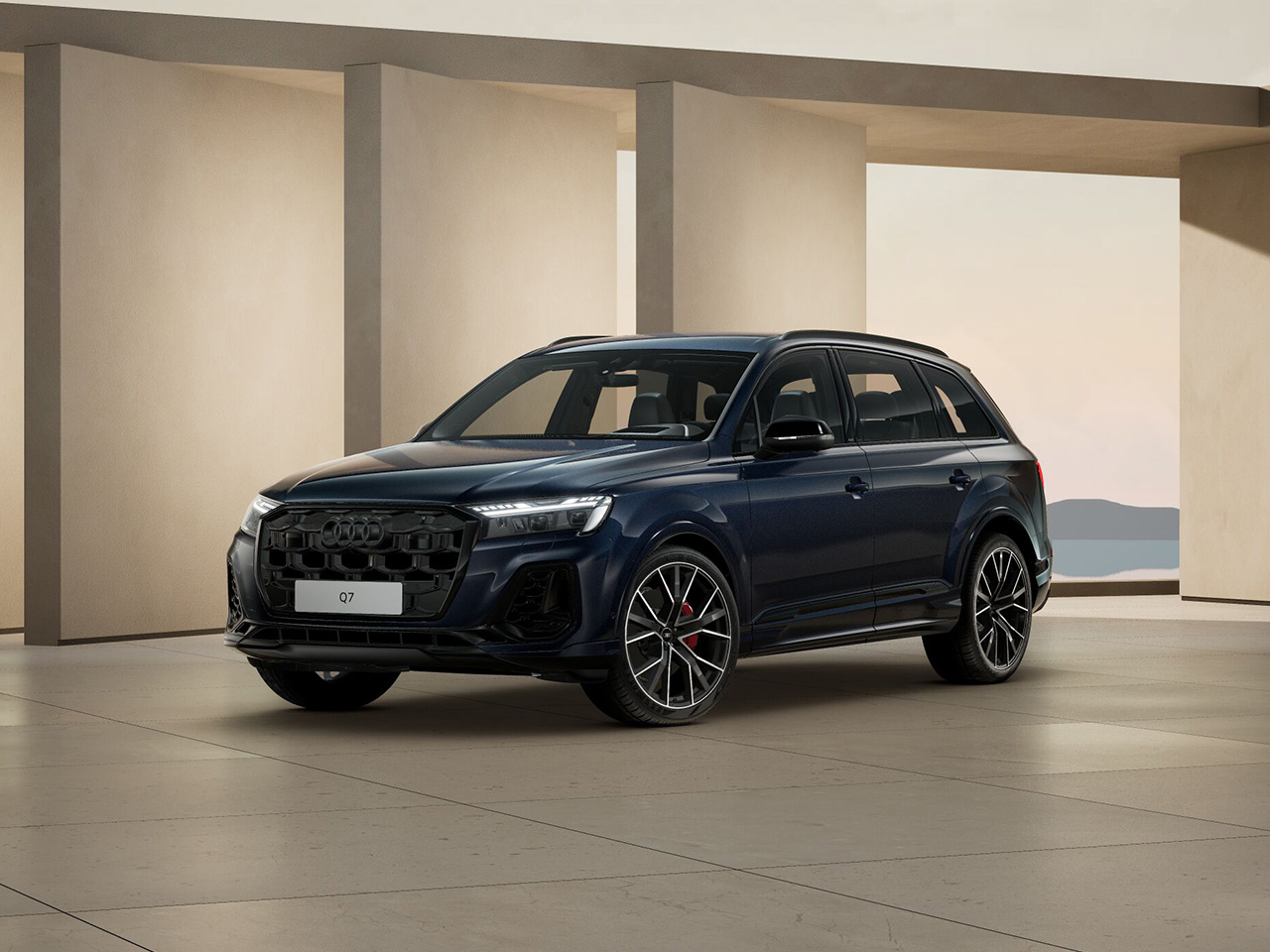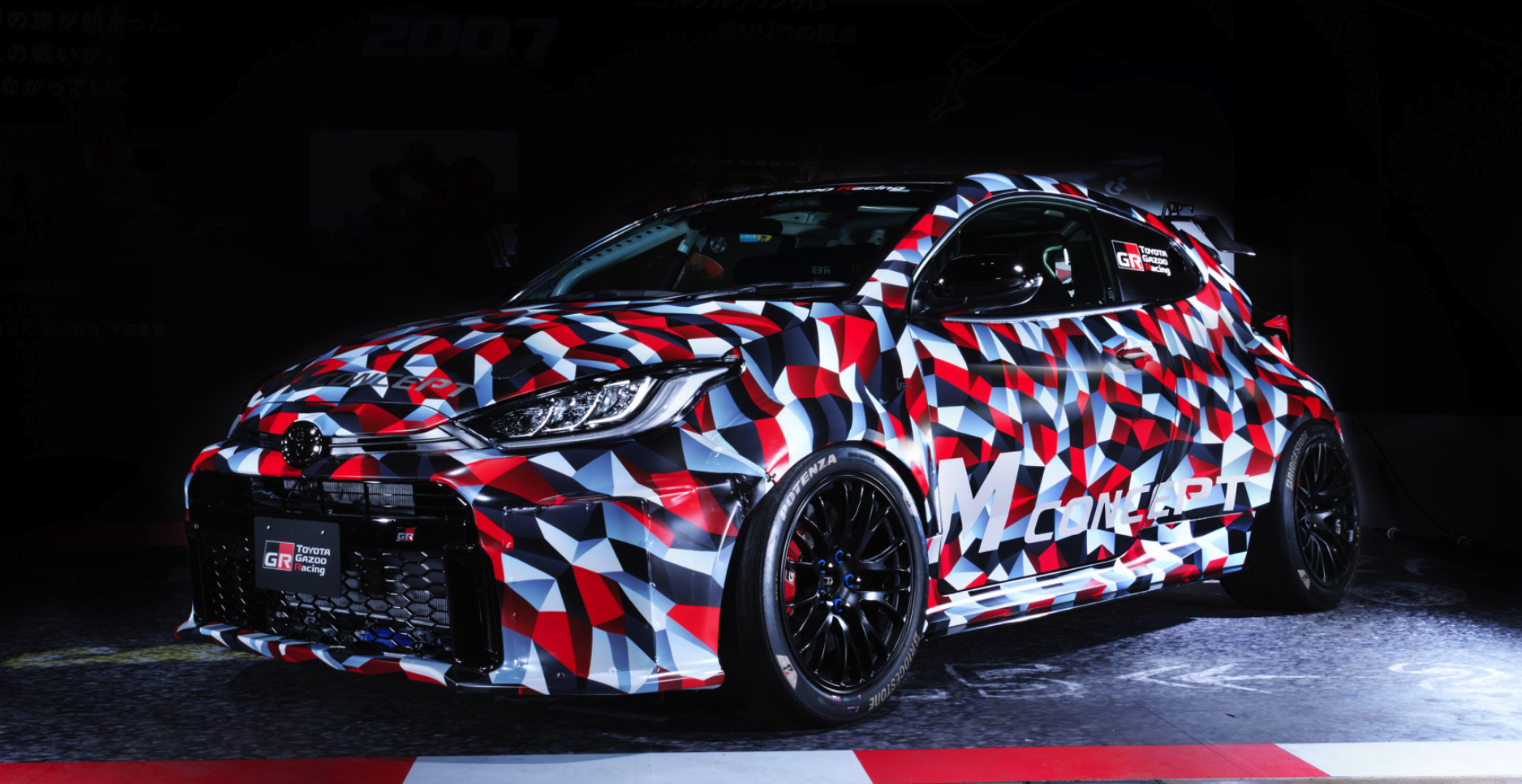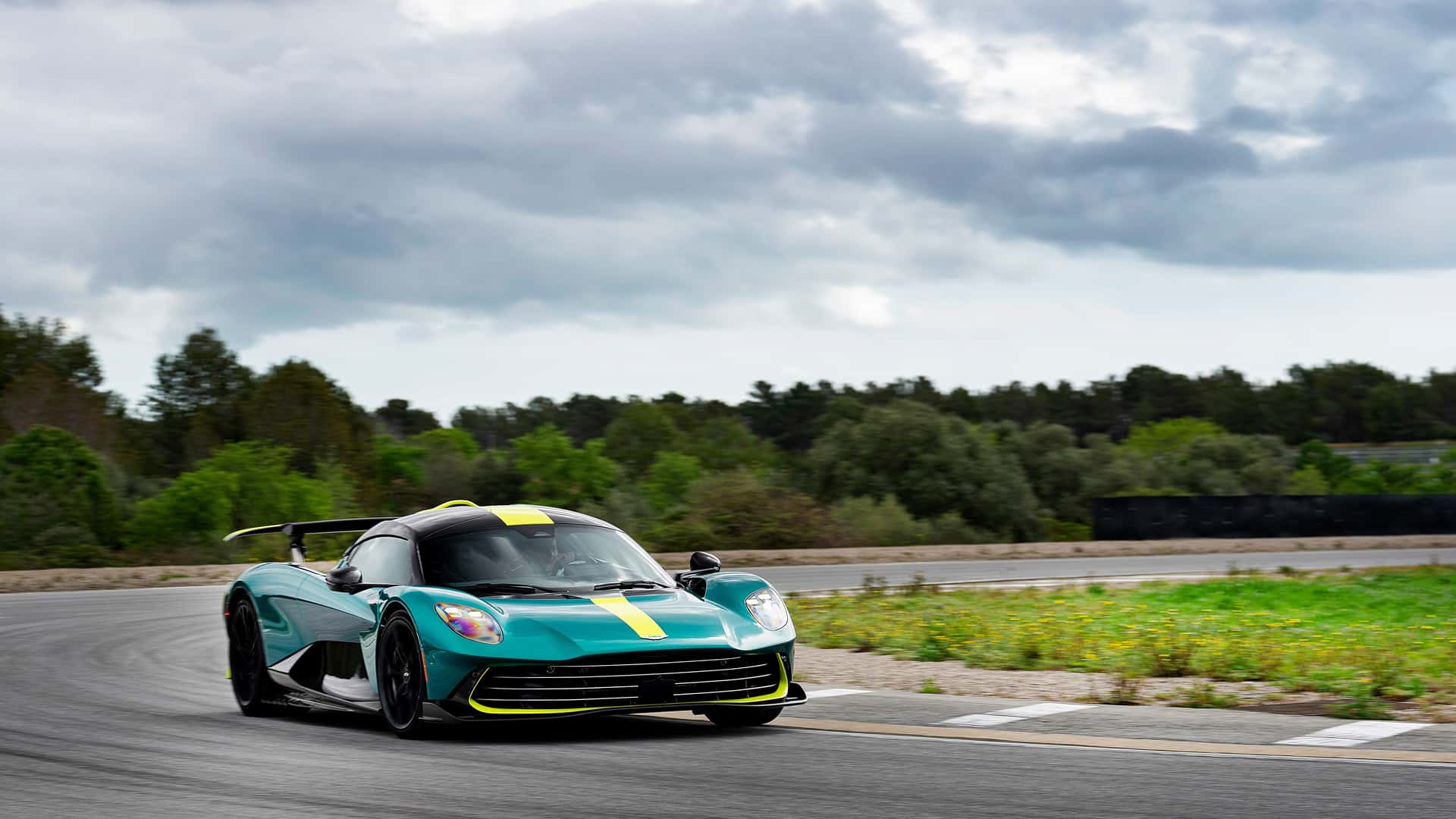Cars today are generally reliable and durable, able to last a longer period of time with no major problems. This is due to better manufacturing processes, engineering, materials, etc. so the warranty is really for peace of mind, at least during the initial years of ownership. In fact, warranties typically cover manufacturing defects and wear and tear parts are not covered.
Back in the 1970s, the typical warranty for a new car was a year, or a maximum of 20,000 kms of mileage after original registration. European manufacturers, perhaps understanding that their customers (in Europe) travelled long distances each year, generally didn’t put a mileage limit.
Longer periods as a selling point
Over the years, the warranty period and mileage limit became longer and longer, more as a selling point than anything else. The cars were more durable, but a long warranty period suggested the carmaker had a lot of confidence in its quality, and owners felt better to have the coverage for a longer period.
‘Win-win’ for both sides?
BMW Group Malaysia is now ending that escalation in warranty periods with a new approach that it says will ‘enable greater customer personalisation of their ownership experience’. It’s a win-win situation for both sides; the customer can enjoy a lower price while the company reduces its long-term exposure to warranty claims.
However, there may still be customers who like the peace of mind that a longer warranty period gives and for them, BMW Group Malaysia offers a 5-year Unlimited Mileage Warranty Package or 5-years/100,000-km Service Package as extra-cost options.
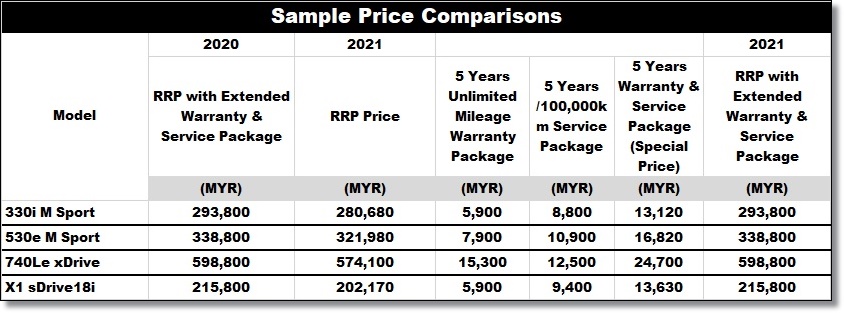
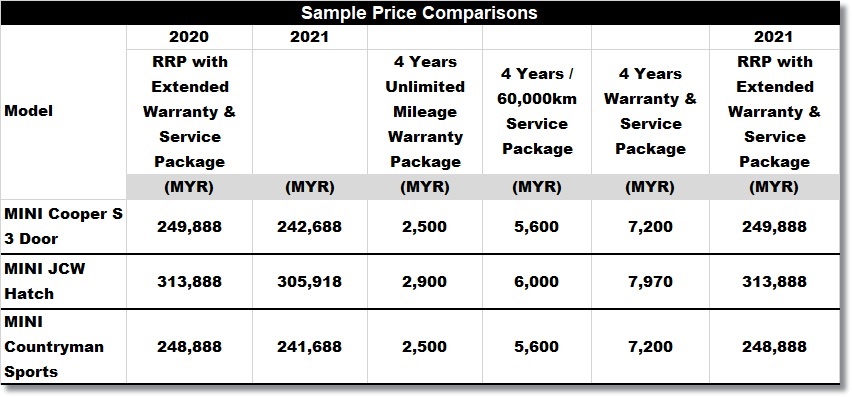
Available for MINI too
The new pricing approach applied to MINI vehicles as well. Customers of this brand can opt to add a 4-year Unlimited Mileage Warranty with Free Scheduled Service (Extended Warranty & Service Package) at the same cost as before. Alternatively, those who prefer to purchase their vehicle at the recommended retail price paired with either the 4-year Unlimited Mileage Warranty Package or 4-year/60,000-km Service Package can do so at a more attractive rate.
In the event that the owner decides, after a year or maximum of two years, that he or she would prefer a longer warranty period, there is still the possibility of purchasing the extended packages which range in price from RM5,900 to RM9,400 (RM2,500 to RM5,600 for MINI), depending on the model. The only thing is that the cost will have to paid as a lump sum rather than being included in the financed amount at the time of vehicle purchase.
Other ownership benefits still included
Regardless of which warranty they choose, all vehicles purchased from authorised dealerships will still come with access to the BMW or MINI Roadside Assistance and Accident Hotline, BMW Group Loyalty+ Mobile App – BMW Privileges Card, MINI Black Card, and BMW and MINI Service Online.
BMW Group Malaysia’s move is an interesting one and it remains to be seen whether it will have an effect on the rest of the industry. It could be a smart move that customers appreciate, or it might be viewed negatively. Nevertheless, with the trade-off being a lower purchase price for the vehicle, there may be positive response at this time when many people give more serious consideration to how much they can or should spend on a new vehicle.
More information on products, services and pricings can be found at www.bmw.com.my or www.mini.my. Personalisation of a vehicle purchase can be done via BMW Shop Online or MINI Online Shop.
BMW Group Financial Services Malaysia extends services to customers




